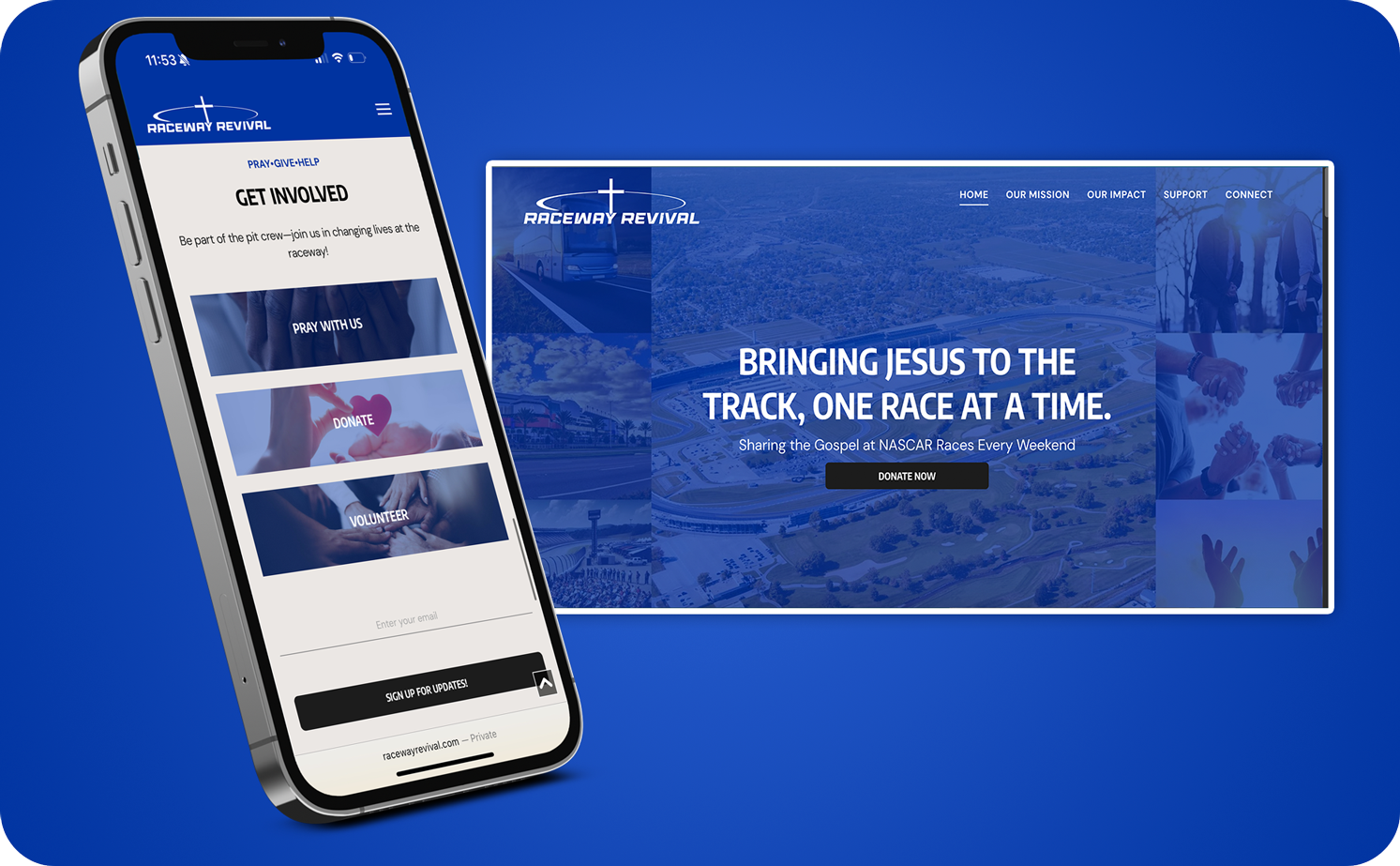Cutting Edge Marketing for 2026: AI Strategies, Personalization, and Immersive Experiences
AI is expected to power marketing workflows, reshaping how brands connect with customers.

By 2026, AI is expected to power over 70 percent of marketing workflows, reshaping how brands connect with customers. As a forward-thinking marketing agency, you need a roadmap that unites advanced AI strategies, hyper-personalization, privacy-first practices, immersive experiences, and data-driven ROI. This guide defines each pillar, explains mechanisms, and highlights benefits across five key domains: AI marketing strategies, one-to-one personalization, privacy compliance, immersive engagement, and performance measurement.
What Are the Top AI Marketing Strategies for 2026?
AI marketing strategies leverage machine learning and natural language processing to automate decision-making, optimize campaigns, and deliver predictive insights that boost engagement and efficiency. By shifting from manual segmentation to algorithmic orchestration, brands can achieve higher reach with lower spend while maintaining creative control through human oversight.
How Does Generative AI Transform Content Creation?
Generative AI transforms content creation by co-authoring copy, designing visuals, and customizing formats in real time. Key applications include:
- Draft Assistance: Automating first-draft generation for blogs and ad copy to accelerate workflows.
- Visual Synthesis: Producing bespoke images and videos based on brand assets and target audience profiles.
- A/B Testing Variants: Creating multiple content versions for rapid performance testing and optimization.
These capabilities free creative teams to focus on strategy and storytelling, elevating both speed and quality.
What Is Predictive Analytics and How Does It Anticipate Customer Needs?
Predictive analytics applies statistical models and AI to forecast behavior, enabling proactive marketing that aligns offers with individual intent. Key use cases include customer churn reduction, demand planning, and personalized recommendations.
How Does Conversational AI Enhance Customer Engagement?
Conversational AI uses chatbots and virtual assistants to provide 24/7 support, product recommendations, and guided purchasing. This technology boosts satisfaction by delivering instant, context-aware responses that deepen brand relationships and reduce support costs.
How Is Hyper-Personalization Shaping Customer Experiences in 2026?
Hyper-personalization leverages real-time data, AI-driven insights, and dynamic content assembly to deliver one-to-one experiences that feel tailor-made. By moving beyond broad segments to individual preferences, brands can increase loyalty, conversion rates, and lifetime value.
The Rise of Hyper-Personalization: Predicting Marketing Strategies Tailored to the Individual in 2026
By 2026, hyper-personalization, driven by AI and sophisticated data analytics, is expected to redefine marketing by crafting campaigns meticulously for individual customers rather than broad demographics. This approach leverages AI and machine learning to analyze vast datasets, predict customer behavior, and automate personalized content creation, leading to enhanced customer engagement, higher conversion rates, and optimized retention.
This research directly supports the article's emphasis on AI-driven hyper-personalization as a core marketing strategy for 2026, highlighting its mechanisms and benefits.
What Role Does Zero-Party Data Play in Authentic Personalization?
Zero-party data—information customers willingly share—forms the ethical backbone of personalization. Key strategies include:
- Preference Centers: Letting users specify interests and communication channels.
- Interactive Polls: Gathering real-time feedback during browsing sessions.
- Loyalty Programs: Incentivizing data sharing in exchange for rewards.
What Are Ethical AI Governance Practices in Marketing?
Ethical AI governance combines bias mitigation, algorithmic transparency, and accountability frameworks. By auditing models for fairness, disclosing AI-derived decisions, and providing opt-out mechanisms, brands uphold integrity and meet evolving legal standards.
What Are Immersive Marketing Experiences and Their Impact in 2026?
Immersive experiences use AR, VR, and interactive formats to create memorable brand engagements that transcend traditional channels. These multisensory activations deepen emotional connections and differentiate offerings in crowded marketplaces.
How Do Augmented Reality (AR) and Virtual Reality (VR) Enhance Brand Interaction?
Brands deploy AR and VR for virtual try-ons, product demos, and location-based experiences, enabling customers to explore products in lifelike environments. These formats reduce purchase anxiety and can boost trial rates by presenting immersive proof of value.
Immersive Marketing: Exploring the Impact of Virtual and Augmented Reality on Consumer Behavior and Brand Engagement
Immersive technologies such as Augmented Reality (AR) and Virtual Reality (VR) are transforming marketing by creating multi-sensory experiences that deepen emotional connections and differentiate brands. These technologies enable virtual try-ons, product demonstrations, and interactive engagements, which can significantly reduce purchase anxiety and boost trial rates. Additionally, measuring the ROI of AI in marketing requires tracking metrics beyond traditional vanity metrics, focusing on incremental revenue, customer lifetime value, and engagement rates to quantify business impact.
Call Us Today to put this exciting technology to work for your Brand.







